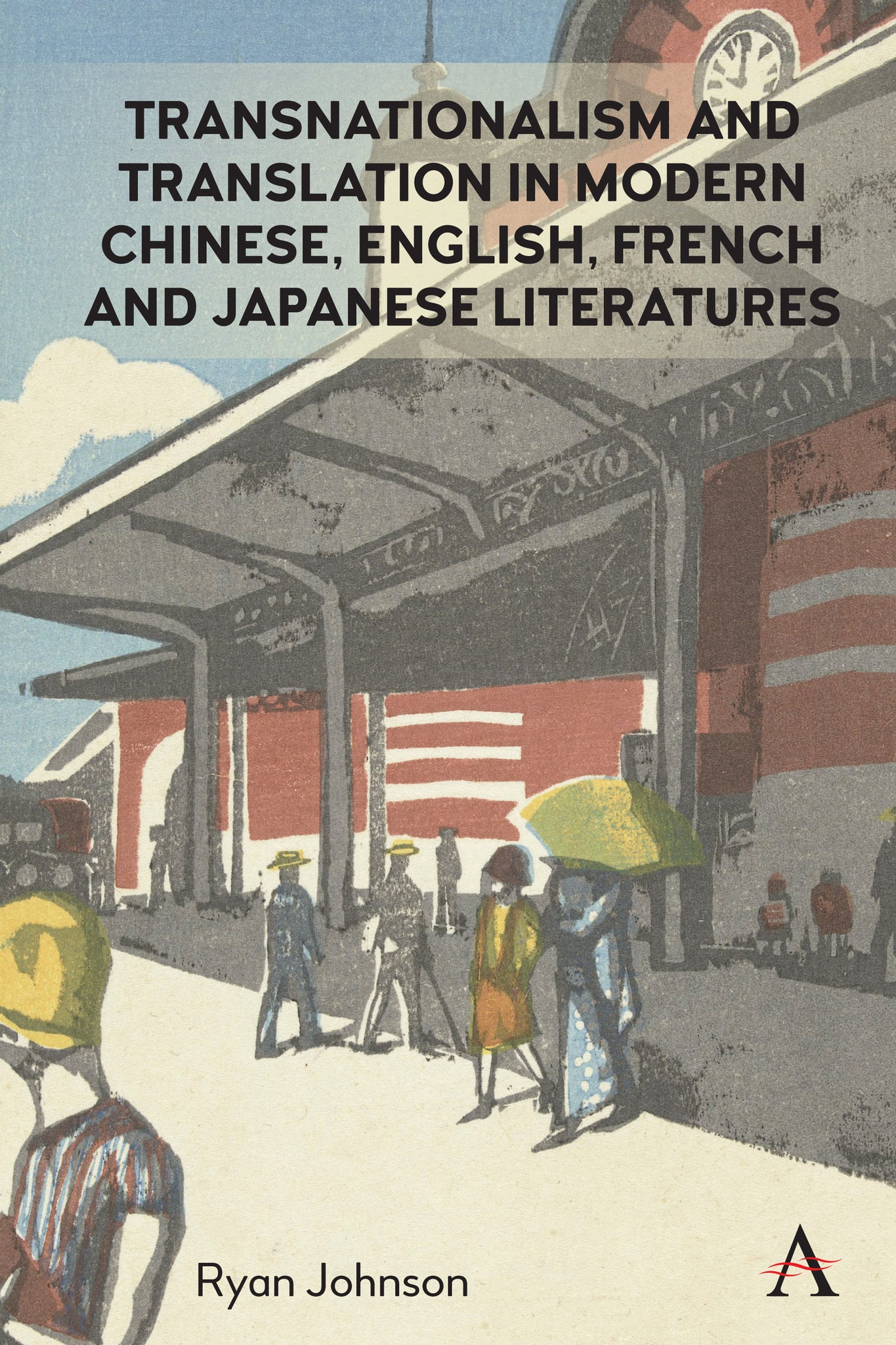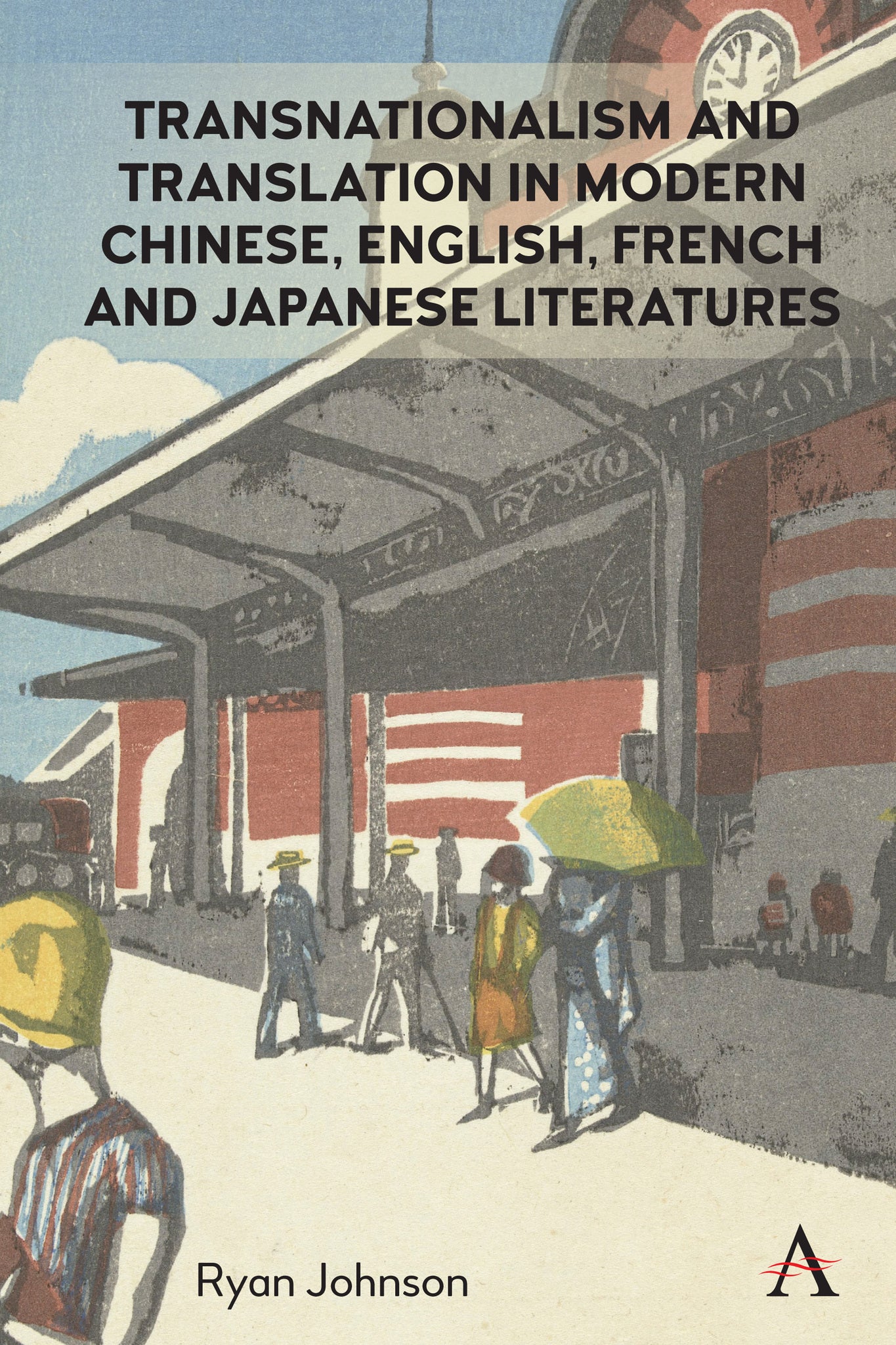We're sorry. An error has occurred
Please cancel or retry.
Transnationalism and Translation in Modern Chinese, English, French and Japanese Literatures

Some error occured while loading the Quick View. Please close the Quick View and try reloading the page.
Couldn't load pickup availability
- Format:
-
15 December 2020

The theory of “literary worlds” has become increasingly important in comparative and world literatures. But how are the often-contradictory elements of Eastern and Western literatures to cohere in the new worlds such contact creates? Drawing on the latest work in philosophical logic and analytic Asian philosophy, this monograph proposes a new model of literary worlds that is best suited to comparative literature dealing with Western and East Asian traditions. Unlike much discussion of world literature anchored in North American traditions, featured here is the transnational work of artists, philosophers, and poets writing in English, French, Japanese and Mandarin in the twentieth century. Rather than imposing sharp borders, this book suggests that vague boundaries link Eastern and Western literary works and traditions, and that degrees of distance can better help us to see the multiple dimensions that both distinguish and join together literary worlds East and West. As such, it enables us to grasp not only how East Asian and Western writers translate one another’s works into their own languages and traditions, but also how modern writers East and West modify their own traditions in order to make them fit in the new constellation of literary worlds brought about by the complex flow of literary information across twentieth-century Eurasia.

LITERARY CRITICISM / Comparative Literature, Comparative literature, LITERARY CRITICISM / Asian / Japanese, PHILOSOPHY / Eastern, East Asian and Indian philosophy

“The fact of the unity and diversity of cultural worlds makes humanistic scholarship infinite. But deep differences impede understanding, maybe even sympathy. Ryan Johnson calls his way through this obstacle an intentional ‘vagueness’, a term too modest to reflect the careful analyses and brilliant conjectures that bring his choice of French, Chinese, Japanese and English works into a closer conversation.” — Haun Saussy, University Professor of Comparative Literature, University of Chicago
Acknowledgments; Introduction; PART 1 World Literature, Literary Worlds; Chapter One Literary Worlds and Degrees of Distance; PART 2 Dramatic Worlds; Chapter Two The Chou- Hughes Bardo Thödol and the Problem of Classification; Chapter Three What We Disagree about When We Disagree about Nō; PART 3 Poetic Worlds; Chapter Four Paul Claudel and Kuki Shūzō in the 1920s: France, Japan, and the World; Chapter Five Tradition East and West, English and Chinese: The Cross-Cultural Poetry of Bei Dao and Ted Hughes; Conclusion; Works Cited; Index.



